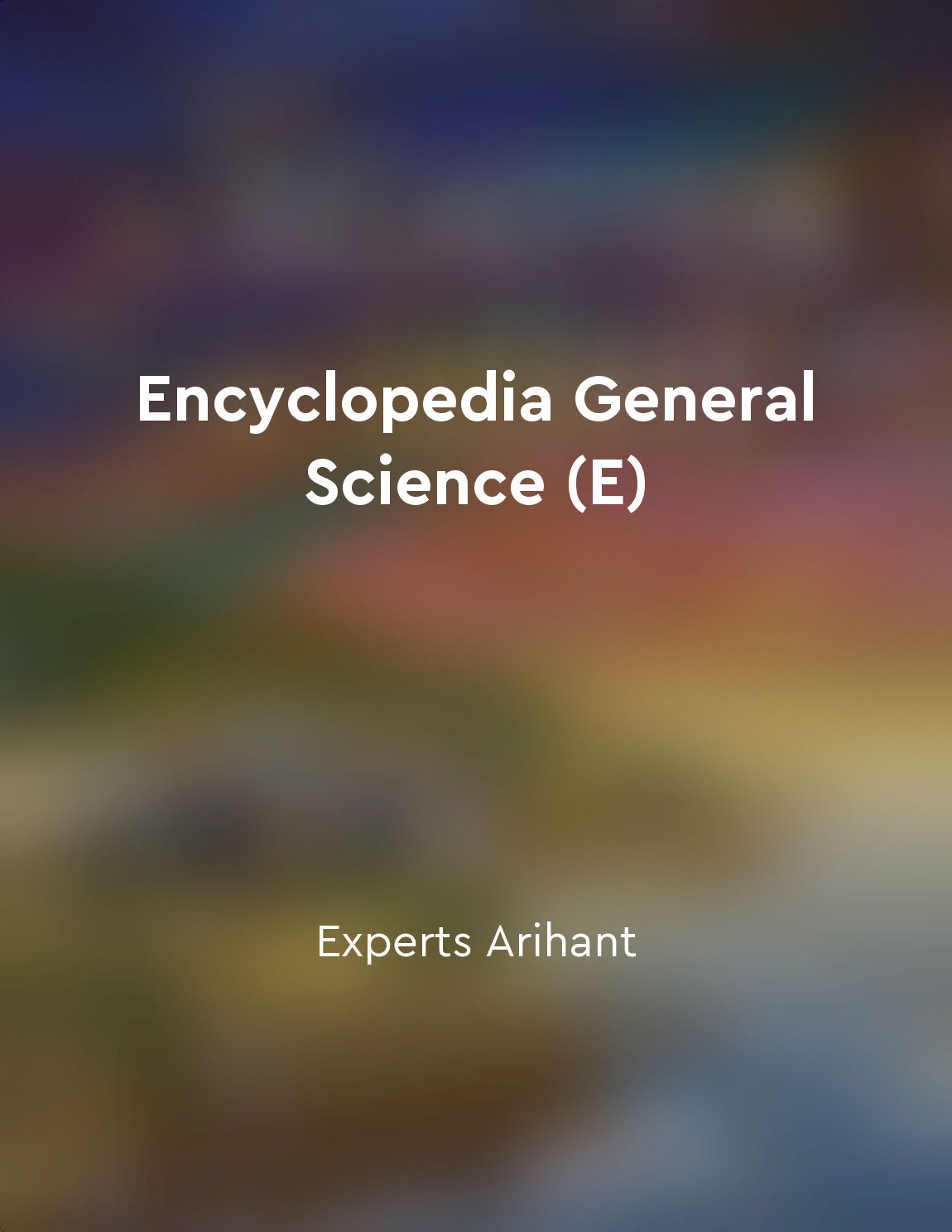Earth system science offers valuable insights into the workings of our planet and the interconnectedness of its different components from "summary" of Earth System Science by Timothy Lenton
Earth system science provides a holistic perspective on the Earth as a complex system composed of various interconnected components. By studying the interactions between the atmosphere, hydrosphere, biosphere, and geosphere, scientists can gain valuable insights into the functioning of our planet. This interdisciplinary approach allows researchers to understand how different processes, such as climate change, biodiversity loss, and land-use change, are interconnected and influence one another. Through the use of advanced models and observations, Earth system scientists can track the flow of energy, water, and nutrients between different components of the Earth system. This helps to reveal the feedback loops and tipping points that govern the behavior of the planet. By studying these dynamics, researchers can predict how the Earth will respond to future changes, such as increases in greenhouse gas emissions or deforestation. One key insight offered by Earth system science is the concept of planetary boundaries, which define the safe operating space for humanity within the Earth system. By identifying these boundaries, scientists can help policymakers make informed decisions to ensure the long-term sustainability of our planet. This involves considering not only environmental factors but also social, economic, and political aspects of human activities. Furthermore, Earth system science highlights the importance of considering the Earth as a whole system, rather than focusing on individual components in isolation. This integrated approach allows researchers to uncover the complex interactions between different parts of the Earth system and how they collectively shape the planet's behavior. By understanding these connections, scientists can better address global challenges such as climate change, biodiversity loss, and resource depletion.- Earth system science offers a comprehensive framework for studying the Earth and its interconnected components. By taking a holistic view of our planet, researchers can gain valuable insights into its workings and how human activities are impacting its stability. This interdisciplinary approach is essential for addressing the complex challenges facing our planet and ensuring a sustainable future for generations to come.
Similar Posts
The search for truth requires an open mind
The pursuit of truth demands a mind that is receptive and willing to accept new ideas. Without an open mind, one is limited in ...
Healthcare is essential for a thriving population
Access to healthcare services is vital for the well-being and productivity of a nation's population. A healthy population is mo...
Restoration
Restoration involves the process of returning a degraded, damaged, or destroyed ecosystem to a more natural state. This can inc...

Scientific literacy is essential for informed decisionmaking
Scientific literacy is the fundamental knowledge and understanding of scientific concepts and processes that enables individual...
Energy transitions are complex and gradual
Energy transitions are complex and gradual processes that involve a multitude of interrelated factors. They require changes in ...
Agriculture pollutes waterways
Agriculture, the very activity that sustains us, is also a major contributor to water pollution. Farmers often use fertilizers ...
The Earth's biosphere, which includes all living organisms, is essential for maintaining the planet's habitable conditions
The biosphere of Earth is a complex web of living organisms that interact with each other and with the physical environment. Th...
Migration patterns are fascinating to study
The study of migration patterns is truly captivating, offering a glimpse into the intricate movements of various species across...
Geological time scale tracks changes
The study of the earth's history is a complex and fascinating endeavor. By examining the geological time scale, we can track ch...
Climate change is irreversible and caused by human activity
One of the most unsettling truths of our time is the realization that the changes we have set in motion on our planet are not o...

